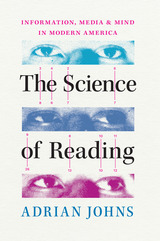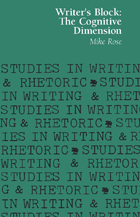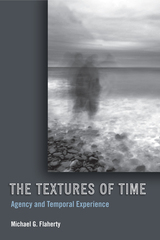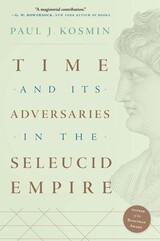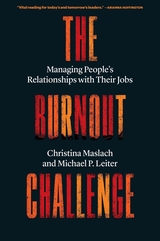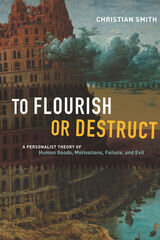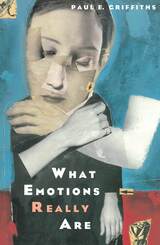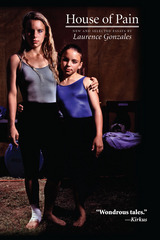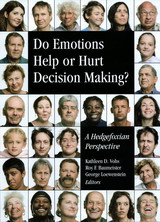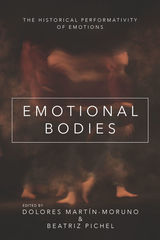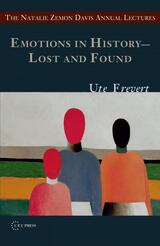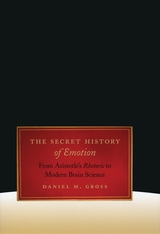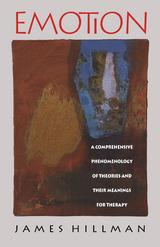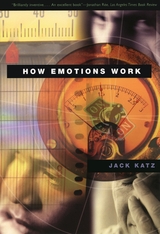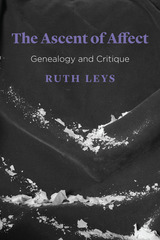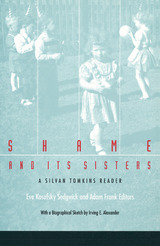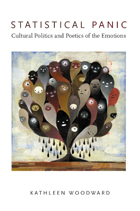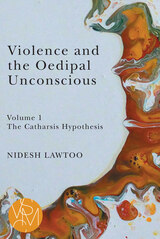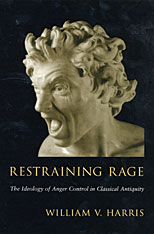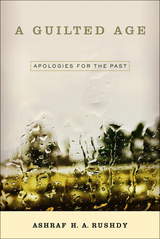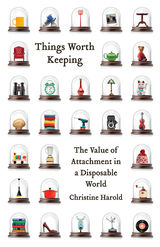Paper: 978-615-5053-34-4 | eISBN: 978-615-5225-03-1 (PDF)
Library of Congress Classification BF531.F74 2011
Dewey Decimal Classification 152.4
Coming to terms with emotions and how they influence human behaviour, seems to be of the utmost importance to societies that are obsessed with everything "neuro." On the other hand, emotions have become an object of constant individual and social manipulation since "emotional intelligence" emerged as a buzzword of our times. Reflecting on this burgeoning interest in human emotions makes one think of how this interest developed and what fuelled it. From a historian's point of view, it can be traced back to classical antiquity. But it has undergone shifts and changes which can in turn shed light on social concepts of the self and its relation to other human beings (and nature). The volume focuses on the historicity of emotions and explores the processes that brought them to the fore of public interest and debate.
See other books on: Emotions | Ethics & Moral Philosophy | Found | Historiography | Social History
See other titles from Central European University Press

